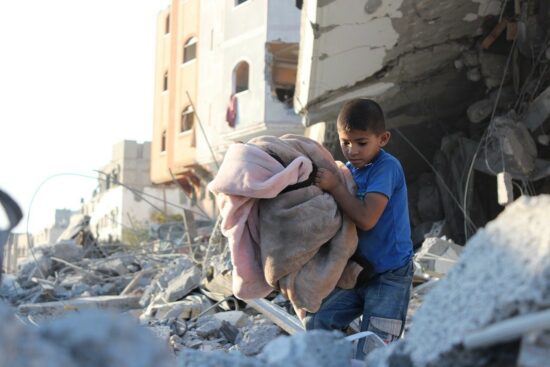Antimicrobial resistance in the ongoing Gaza war: a silent threat
Conflicts and wars, such as those in Iraq and Syria, contribute substantially to the development and spread of antimicrobial resistance. In the Gaza Strip (or Gaza), such resistance is rising, with a 300% increase in resistance to specific antibiotics seen in isolates from injured patients after the Great March of Return demonstrations, compared with non-injured patients. War-related contributing factors to antimicrobial resistance include restricted resources, high casualties, suboptimal infection prevention control, and environmental pollution from infrastructure destruction and heavy metals release from explosives. Before the start of the war on Oct 7, 2023, inadequate wastewater management in Gaza led to bacterial contamination in 34% of hospitals’ water and surface samples with high resistance to antibiotics, particularly to carbapenems and cephalosporins. Access to essential antibiotics, primarily through donations, has been a continuous challenge due to the blockade of Gaza, resulting in availability as low as 45%. An already restricted national surveillance system for antimicrobial resistance adds to these challenges.
AMR NEWS
Your Biweekly Source for Global AMR Insights!
Stay informed with the essential newsletter that brings together all the latest One Health news on antimicrobial resistance. Delivered straight to your inbox every two weeks, AMR NEWS provides a curated selection of international insights, key publications, and the latest updates in the fight against AMR.
Don’t miss out on staying ahead in the global AMR movement—subscribe now!






